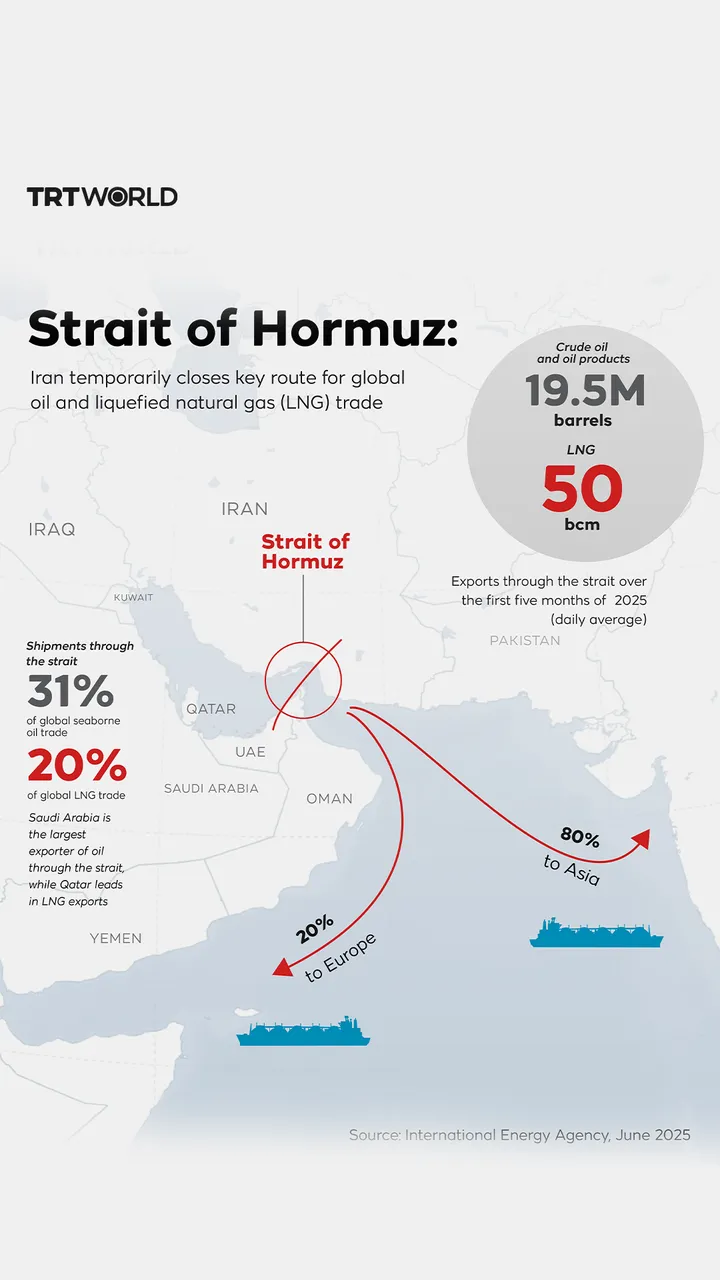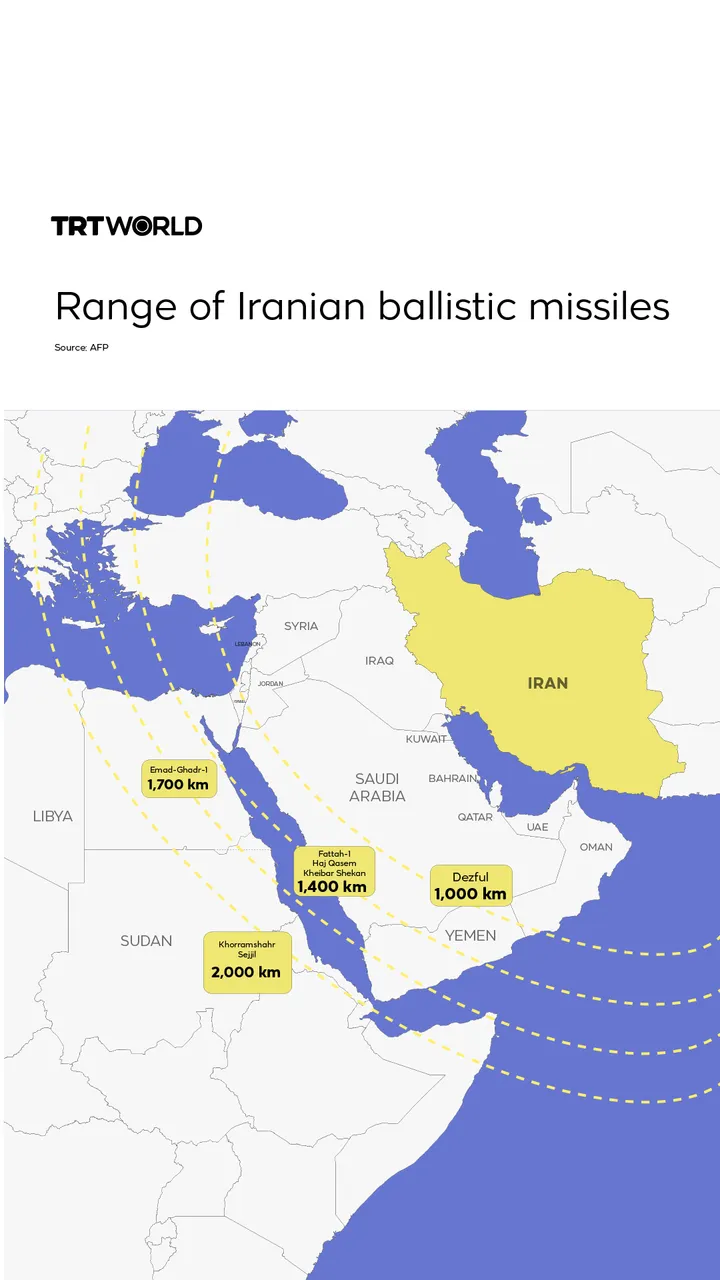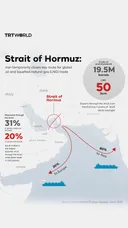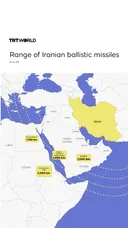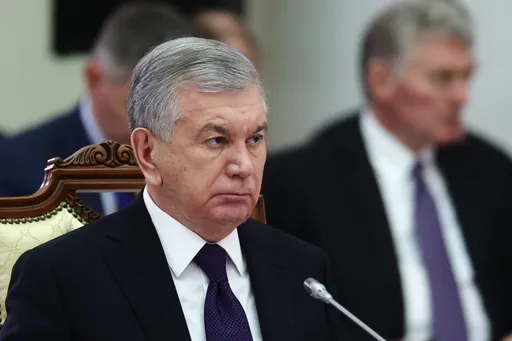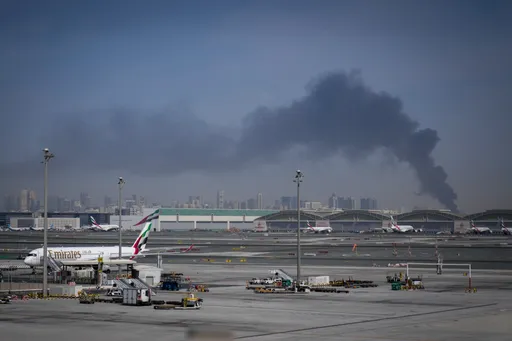Yasser Khagr, a resident of one the five remaining Syrian villages in the occupied Golan Heights, will stick to his Syrian identity come what may.
“Israel wants us to become citizens so we lose the right to our land and culture,” he said. “With the US’s move, the pressure will increase. But we are Syrians and will not give up our identity.”
A large chunk of the Golan Heights was occupied by Israel in the war in 1967. By 1981, Israel had extended its laws to the Syrian land and annexed it. However, Resolution 242, adopted by the United Nations Security Council called Israel to withdraw from Golan as well as parts of West Bank and East Jerusalem which it had occupied in the six-day war in 1967. Ever since, the international community has seen Israel as the occupier of the Golan, not a sovereign.
However, in late March, US President Donald Trump recognised Israeli sovereignty over the occupied Golan in a blatant violation of international law.
It was seen as a gift from Trump to ‘Bibi’, Israel’s incumbent Prime Minister Benjamin Netanyahu, as he battles it out at the hustings and hopes to return to power in the upcoming elections.
The few thousand Syrians on the ground in the Golan, despite facing giant odds, are defiant. They are clinging on to their roots, refusing to give in.
Take Yasser. He was born in 1977 in the village of Majdal Shams in the occupied territory. All his life he has waited and hoped to breathe in a free Golan under the Syrian flag. Yasser spent seven and a half years in an Israeli prison and said that no amount of coercion can change his allegiance to or reduce his love for Syria.
“I eat like Syrians, I talk like Syrians, I interact with my neighbours like Syrians,” he said. “An Israeli ID in my pocket cannot steal my identity. I don’t feel like I live in my country but it is our land.”
Yasser spoke about Israel’s discriminatory policies against the Palestinians and Syrians alike and said that over the last decades, Israel has systematically pushed out as many as 130,000 Syrians from Golan to make room for Israeli settlers.
He admonished Israel as an occupier and the US government as its partner in crime. However, Yasser is also bitter about the Arab countries and did not think that the powers of the Islamic world were interested in doing anything other than pay lip service to the ‘forgotten’ cause of the Golan and its displaced inhabitants.
“The Arab countries do not care about Syrians in the Golan. They will do nothing for us. They have not done anything so far,” he said.
The 22-member Arab League met in Tunisia over the weekend and denounced the US move resoundingly. They stressed full support for the Syrian claim over the Golan and also reiterated the call for the establishment of a Palestinian state.
Khemaies Jhinaouni, Tunisia’s Foreign Minister, brought the attention of the world to resolving the Israel-Palestine conflict, and said that the Arabs would not relent on the position stated in the Arab peace Initiative of 2002, a plan under which the Arabs would recognise the existence of Israel in exchange for Tel Aviv’s withdrawal from all the lands it occupied in 1967, including the Golan Heights.
Even so, strong words and big claims succeeded in assuaging no one. Syrians like Yasser saw it is a mere symbolic exercise meant for the cameras.
“Many Arab nations are now friends with America and are warming-up to Israel,” he said. “They are thinking of Iran not us. Whatever they say about us is mere rhetoric.”
Saudi Arabia - along with its staunchest ally the United Arab Emirates - is engaged in a war of regional dominance with Iran. In order to take on Iran, experts said, it has made common cause with Israel through the US. Reportedly, the Saudis are backing a pro-Israel peace deal by the Trump government on the Israel-Palestine conflict in exchange for American support to contain Iran's expanding footprint in the region.
Some experts said the Golan Heights had never been the Arab world’s priority.
Bassam Barabandi, a former Syrian diplomat who defected the Assad government and moved to the US, said the Golan has always been a “Syrian not an Arab issue”.
“The statements made at the summit mean absolutely nothing,” he said. “There will be no push back. Nothing will be done by the Arabs. Golan was the easiest and the cheapest item on the list that Trump could give Netanyahu and he gave it for free.”
Nizar Ayub, an activist with the Al Marasad NGO, working on Arab rights in the occupied Golan, said that even the Syrian regime uses Golan for its political advantage and nothing else.
“[The] Assad government has no time to deal with Golan. They are too busy protecting the dictatorship,” he said. “Assad will use the US’s move in Golan to build up support for himself.”
Meanwhile, Ayub said, Israel has begun to expand settlements. He said that Israel would be settling 100,000 more Israelis in the 25,000 housing units the state would build.
Israel has been running several campaigns in the Golan. It has not just divided different communities in the occupied territories but also supported Syrian rebels with healthcare and other benefits to lure them towards Israel and in effect create a deeper buffer zone between Israel and Syria.
As Syria reels under the impact of the eight-year war and the powers of the Arab world choose to do the minimum just to save face, Israel has found an opportunity and got the US to legitimise its control over the occupied Golan Heights.
For Yasser and his friends, hope of ever being free, is diminishing.



